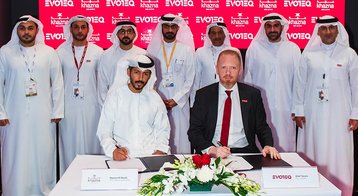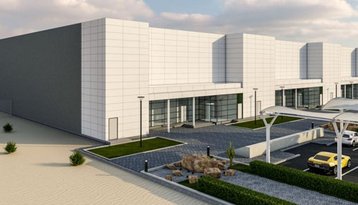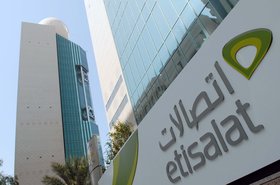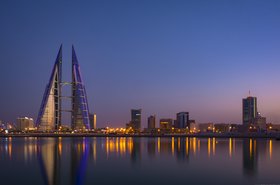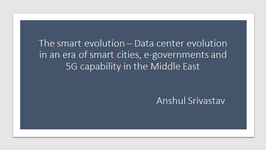A data center is to be built in the United Arab Emirates after an agreement was reached between government officials and a digital wholesale provider.
Regional data center provider Khazna met with government officials and digital development company Evoteq at a conference on Thursday to announce a colocation facility in the city of Sharjah, built to Uptime Tier III standards.
Just north of Dubai, Sharjah is considered the cultural capital of the UAE.
Middle East's Silicon Valley
The facility is part of the wider vision to bring economic returns and generate jobs to the small state, creating what Sheikh Mohammed bin Rashid calls "The Middle-East's Silicon Valley."
In other news, Abu Dhabi, the UAE’s capital, launched 'Hub 71' an investment project that will offer $272m to start-ups.
Khazna is one such firm that has taken investment and is now owned by Mubadala, a major backer of Hub 71.
Earlier this year, Oracle opened a data center in Abu Dhabi, its first in the Middle East. AWS, Alibaba, SAP and Microsoft have also started to invest and open data centers in the UAE.
Earlier this month, the UAE said it would work with Huawei on 5G, despite other countries claiming it posed a threat.
Immature digital economy
The data center market in the Middle East is still considered immature, with only a few reliable data centers currently available due to the heavy investment involved in building them.
As international companies look to host within the region, data sovereignty and latency issues will be key driving factors.
Another challenge to tech firms entering the Gulf is, of course, cooling. With average temperatures hitting around 30°C (86°F) - and sometimes 40°C (104°F) - data centers have to be efficient to be cost effective.
The more advanced and efficient cooling technology is, the lower the power bill and the more environmentally-friendly the data center will be.
Khazna, the firm building the facility in Sharjah, already has facilities in Abu Dhabi and Dubai, which aim to be 40 percent more energy efficient than a typical data center in the UAE. The company's facilities have adopted higher delta temperatures and use water-cooled chiller systems with an option to trigger free cooling when outdoor temperatures drop in winter, reducing the power usage effectiveness (PUE) to a target of 1.6, reducing power bills.

